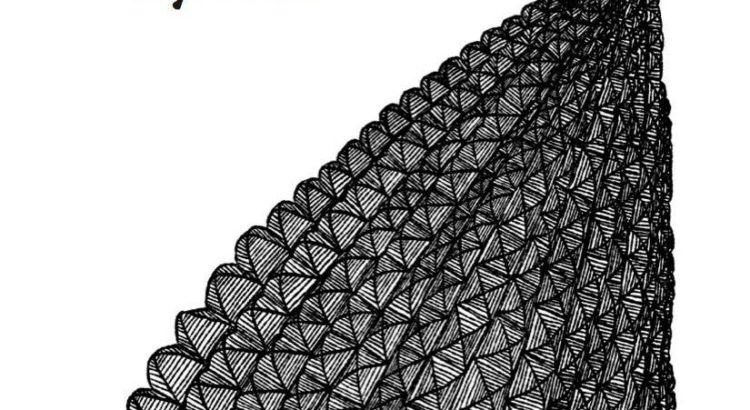Xylem, according to the opening letter of the 2018-2019 issue, has existed since 1990. I myself have been a part of the two most recent issues of the magazine, and even in the span of that one year it evolved immensely. I can’t imagine what it must be like to be a part of a publication with that type of history and capacity for growth. This year’s issue presented a unique collection of artists, each expressing their own forms of metamorphosis. While the release event itself was inspiring, the magazine is what I would like to preserve in writing.
One of the pieces that stood out to me during my initial read through of the magazine was Notes on Colors by Christine Mackenzie. Instead of normal stanza breaks, Notes on Colors separates lines with simple dashes. This creates a stream of consciousness feel to the read of the poem, which strengthens its subject matter. Notes on Colors, to me, is about being able to associate other senses with the perception of visual color. The poem utilizes a lot of nature imagery, like the feeling of wind to evoke the blue sky of a summer’s day or cranberry juice drying on your tongue to evoke the heat of redness. All in all, it’s a brilliant poem focusing on multiple forms of perception to solidify its expression of one.
Another piece that was particularly striking was Elizabeth Le’s Out of Many, One. The aspects of the poem that I found the most captivating were in its discussion of “broken language.” This is a theme I’ve discussed many times in past classes, so I’m familiar with its academic discourse and what it can bring to a classroom conversation. Despite that, I haven’t come across that theme a lot in my everyday life, so I thought it was refreshing to know the subject matter in a different context.
Out of Many, One accomplishes a lot in the small space of the poem. The narrative voice contrasts itself with certain aspects of her mother, illustrating how eloquent the mother figure is and how inadequate the narrator feels by comparison. The importance of physical beauty and musical talent are important to the narrator because they are emblematic of her culture. The narrator, however, feels as if she doesn’t belong to neither American culture nor her native one. Most of this internal struggle stems from observations she makes about language. Le ends her poem with “Bless it despite its ugliness. / Bless it / anyway.” It was a powerful poem with an optimistic conclusion.
The cover of the magazine itself is also really cool, with a glossy feel to it and a stark black and white color scheme. Images are printed in color on special paper in the middle of the magazine. While I understand the practicality of that, part of me wishes the images were spread a little more throughout the other works. Overall, however, I’m really glad to be featured in the 2018-2019 issue of Xylem, with my work residing alongside many other incredible pieces of art.


